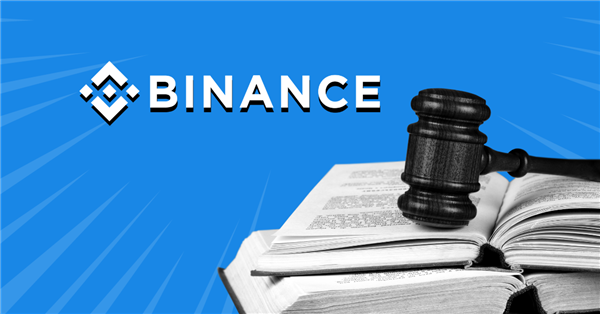SEC Stands Firm Against Binance in a Legal Clash Over Crypto Exchange Regulation – Coinpedia Fintech News
In a recent development within the cryptocurrency legal landscape, the Securities and Exchange Commission (SEC) has opposed Binance Holdings Limited’s motion to dismiss a lawsuit, asserting expansive authority over crypto exchanges. The dispute centers on the regulatory body’s power to control exchanges by classifying digital assets as securities.
The SEC’s opposition was highlighted by Paul Grewal, Chief Legal Officer at Coinbase, who critiqued the SEC’s stance on Twitter, detailing the flaws in their argument. According to Grewal, the SEC overextends by claiming a broad mandate to govern crypto transactions without a proper legal basis.
In 2017, Binance, led by Changpeng Zhao, conducted an Initial Coin Offering (ICO) for its token, BNB, subsequently launching the Binance.com platform. The SEC’s memorandum accuses Binance of soliciting U.S. investors while attempting to circumvent regulatory oversight, including claims of defrauding investors via its U.S. platform, Binance.US.
The problem lies with the SEC’s interpretation of “investment contracts” as per the Howey Test. This Supreme Court-defined criterion traditionally requires a contractual right to profit from a business venture. The SEC argues for a more fluid understanding that does not necessitate a contract or legally enforceable right, which Grewal and others in the crypto community contest.
Also Read – Binance Publishes 12th Proof of Reserves, Report Shows 100%+ Coverage
Why is the law so confusing?
Grewal’s tweets suggest that the SEC’s argument presents a paradox in handling cases involving contractual obligations, specifically when claiming that the Howey precedent does not mandate such requirements. The SEC’s statements seemingly separate Bitcoin (BTC) and Ethereum (ETH) from the discussion, inadvertently questioning their status as securities.
The SEC’s document also maintains that Binance’s activities, including its staking programs and the sale of BNB and BUSD, qualify as investment contracts. The SEC disputes Binance’s comparisons of these offerings to “ordinary assets” and critiques the company’s hypothetical scenarios.
Furthermore, the SEC’s memorandum touches on the Major Questions Doctrine, which deals with the agency’s enforcement of congressional enactments, stating that this legal principle does not apply to crypto as Binance suggests.
Grewal’s closing tweet presses the need for comprehensive legislation to “put an end to these distortions,” a sentiment echoed by industry advocates seeking to navigate the complex world of cryptocurrency law.
Source: Read Full Article

